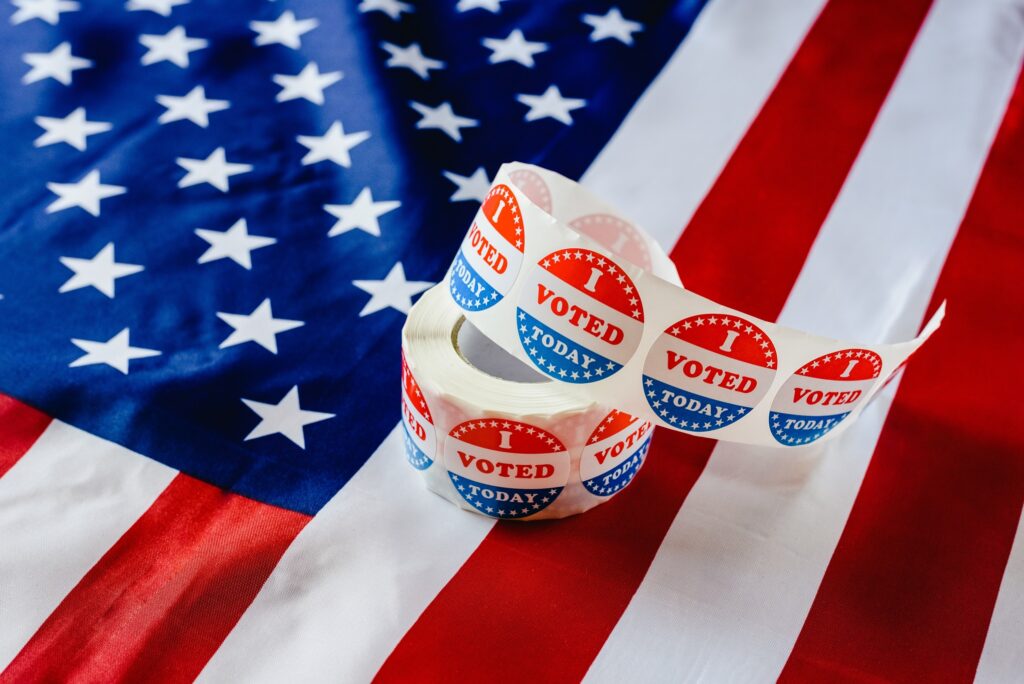Congress needs to protect the Secret Service from budgetary crisis
The U.S. Secret Service is facing a major budgetary issue. Running low on funds, the agency is about to hit congressionally mandated caps on salary and overtime allowances. Unless Congress intervenes, roughly 1,100 agents will be forced to work overtime without compensation.
In the short-term, Congress has no choice but to adjust the caps and make sure agents are rightfully paid for their service. But Congress should see this crisis as a golden opportunity to reassert its own power – taking a hard look at the Secret Service’s mission and taking inventory of what they have legislated the agency to do.
Secret Service Director Randolph “Tex” Alles claims the current snafu is the culmination of a decadelong trend of dysfunction, caused by recruitment and retention problems, insufficient personnel and decisions by Congress since the early 2000s to saddle the agency with more investigative duties in the areas of cyber crime, counterfeit money operations and cases involving missing and exploited minors. The media has pinned blame more squarely on President Trump and his family’s travel habits as the root cause. The truth is likely a mix of the two.
To find a long-term solution, Congress must take the lead and to align the agency’s duties and its funding. It’s clear the Secret Service is suffering from mission creep and does not have capacity to manage both its expanded duties and its core mission to provide security for our top officials. Congress also may have to rethink the, in all practical senses, unlimited personal travel it long has allowed presidents and their families, choosing to bear any costs to keep them secure anywhere in the world.
Long before Trump was jetting off to his winter home at Mar-a-Lago or his country club in New Jersey, presidents of both parties have taken personal trips that have been sources of satire and/or agitation for political opponents and the American public. When Barack Obama was newly sworn in back in 2009, Republicans were livid that he rung up $12,000 in security costs for a date night to see a Broadway show. Indeed, both sides have abused the privilege in ways that cost taxpayers.
Nonetheless, it’s a fact that the cost of Trump’s personal travel is, to date, far outpacing his predecessors. In the first 80 days alone, the president racked up an estimated $20 million tab to fund his getaways. To put that in perspective, President Obama’s personal travel expenditures were just under $100 million over his entire eight years as president.
Securing multiple private properties and relocating the president away from the White House takes manpower. Congress’ caps on Secret Service salaries and overtime allowances were supposed to last an entire calendar. Trump has blown through that money in less than nine months and shows no signs of slowing down. As of the end of August, the president will have taken 53 days of vacation and spent 13 of 28 weekends away from the White House. All of these jaunts are very expensive.
For its part, the administration has pitched many of these trips as “working vacations.” Trump has hosted both Japanese Prime Minister Shinzo Abe and Chinese President Xi Jinping at Mar-a-Lago. In April, then-Press Secretary Sean Spicer called Mar-a-Lago “where [Trump] goes to see his family. He brings people down there. This is part of being president.”
Trump’s jaunts also raise ethical questions not previously considered during prior administrations. Unlike the Kennedy Compound in Hyannis Port, Massachusetts, or the Bush family’s compound in Kennebunkport, Maine, Trump uses his for-profit resorts. It remains unclear whether and how much these Trump properties are charging the federal government for their services. Congress has the power to make the administration disclose that information and the American people have a right to know. No president should be able to profit from the office.
Protecting the first family is a national security issue and their safety should be above politics. At the same time, Congress should not allow any president carte blanche to enjoy unlimited personal travel on the taxpayers’ dime. According to a 2013 Center for Economic and Policy Research report, the average American enjoys 10 paid vacation days a year. While the presidency is a demanding job, the time has come for Congress finally to set some limits. The Cato Institute suggests four weeks of fully covered vacation leave, with any additional time off requiring the president, his or her campaign fund or his or her party to defray some of the costs.
Congress sets the rules of the road. They decide what the Secret Service’s mission ought to be. What Congress needs to do now is have an honest discussion about what duties the Secret Service can manage and what resources it need to thrive. Congress also needs to keep the president in check. In the end, Congress can take responsibility and address the complaints emanating from all sides in this debate. It will take some political courage but it well within the capacity of Congress’ to achieve.






